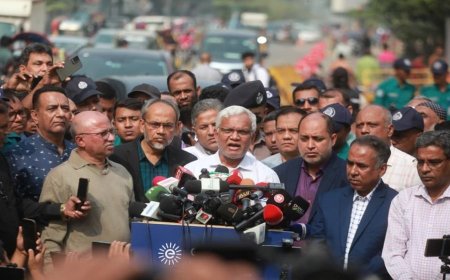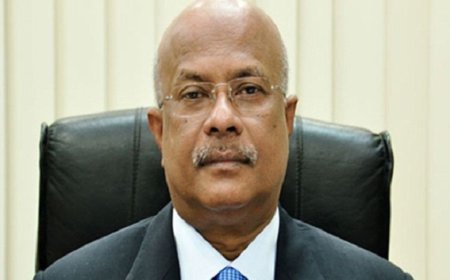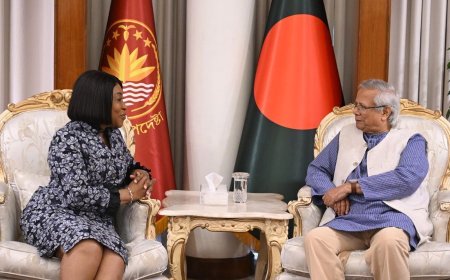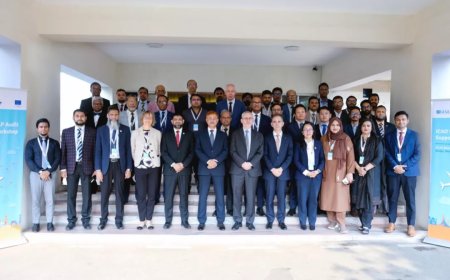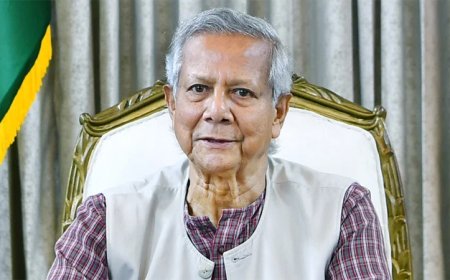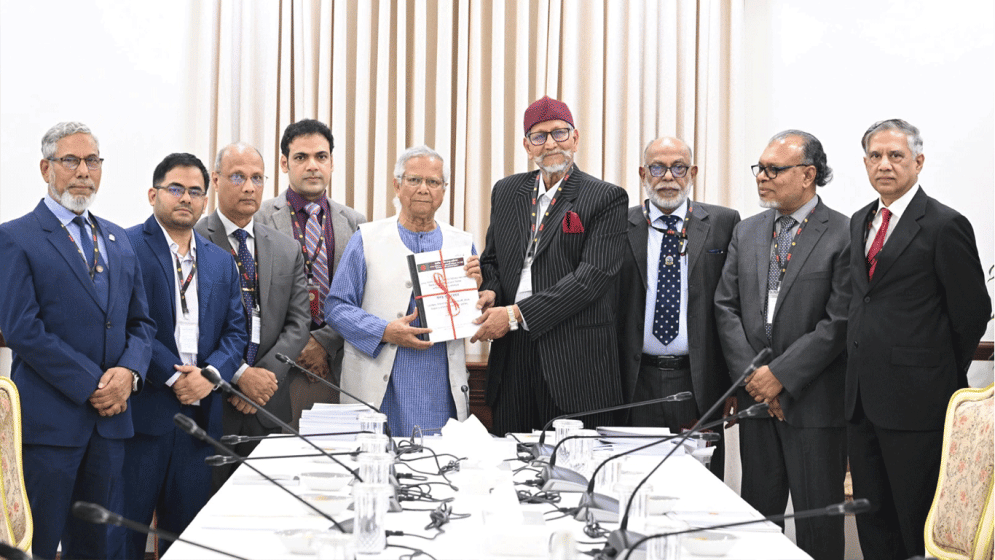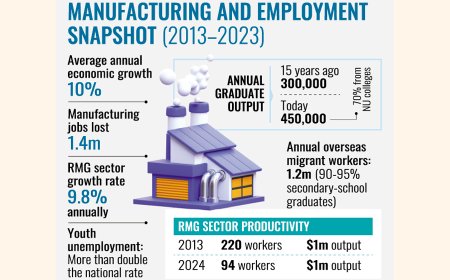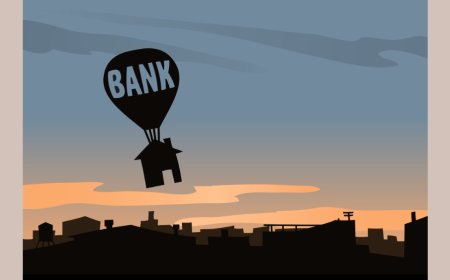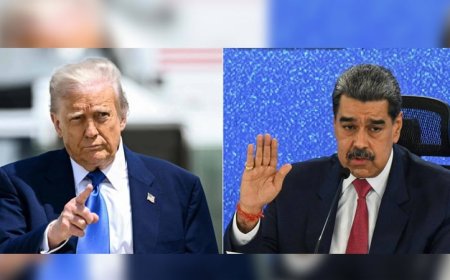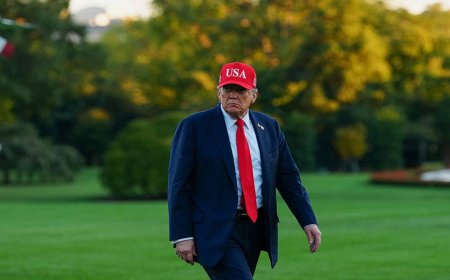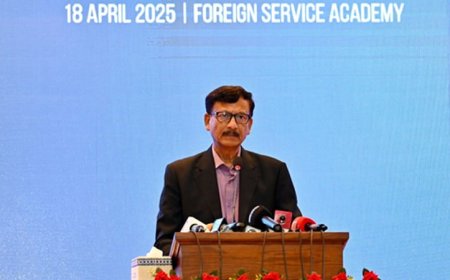BTRC Moves to Restore Its Lost Autonomy
BTRC Moves to Restore Its Lost Autonomy
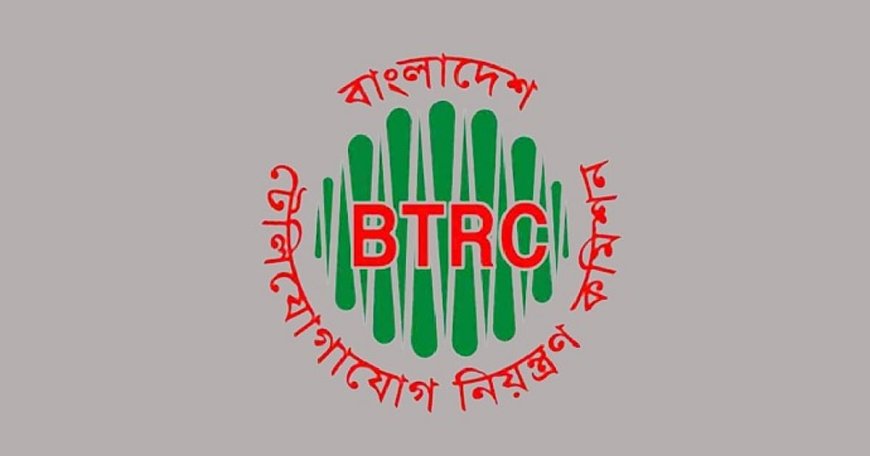
The Bangladesh Telecommunication Regulatory Commission (BTRC) is now attempting to reclaim the autonomy it lost under the previous Awami League administration. However, the Ministry of Posts, Telecommunications, and Information Technology maintains that prior government approval is still necessary for decisions involving subordinate departments and agencies.
Industry insiders note that the telecommunications sector has traditionally been dynamic and competitive, with limited scope for direct government interference in regulatory matters. That changed when the Awami League came to power in 2009. The government began asserting political control over BTRC, culminating in a 2010 amendment to the Bangladesh Telecommunication Act, 2001. This amendment mandated prior approval for a wide range of regulatory functions—such as licensing, renewals, administrative decisions, tariff setting, and license name changes. A draft amendment prepared under the previous government upheld this requirement.
Throughout this period, the BTRC remained largely silent. But following the recent change in government, the commission has started efforts to restore its authority. On April 16, it sent a letter to the ministry requesting the reinstatement of its regulatory autonomy. The BTRC argued that the prior approval requirement has significantly delayed regulatory processes, enabled political interference, and undermined the commission’s ability to function independently and impartially. This, it said, has created an uneven playing field in the telecom market.
BTRC Chairman Maj Gen (retd) Emdad ul Bari told Prothom Alo that even a minor amendment in 2010 had a major impact on the commission’s independence. “Every step—from issuing a license to serving a show-cause notice—now requires ministry approval. That raises a fundamental question: what is the role of this commission? The government must clarify. The BTRC should be accountable, but it must also be free from political influence,” he said.
One example of political interference cited was a fraudulent IGW license case involving the family of Shamim Osman. Numerous telecom licenses were issued in 2009, and according to BTRC sources, many were politically driven and not supported by the commission.
In its letter, the BTRC also referenced investor concerns raised during a recent investment summit. These included the practice of internet shutdowns and a generally unfriendly business climate. The commission proposed repealing the legal provisions that enable internet blackouts.
Faiz Ahmad Taiyeb, special assistant to the chief adviser on posts, telecommunications, and IT, confirmed that steps have been taken to revise the Telecommunication Act. He outlined three goals for the reform: balancing BTRC’s independence with accountability, ensuring the inclusion of the six agencies under the ministry, and maintaining prior approval in specific cases where these agencies are affected—such as licensing and regulatory policy decisions.
Taiyeb also emphasized the need for reforms that would prevent the government from arbitrarily shutting down internet access in the future.
What's Your Reaction?







